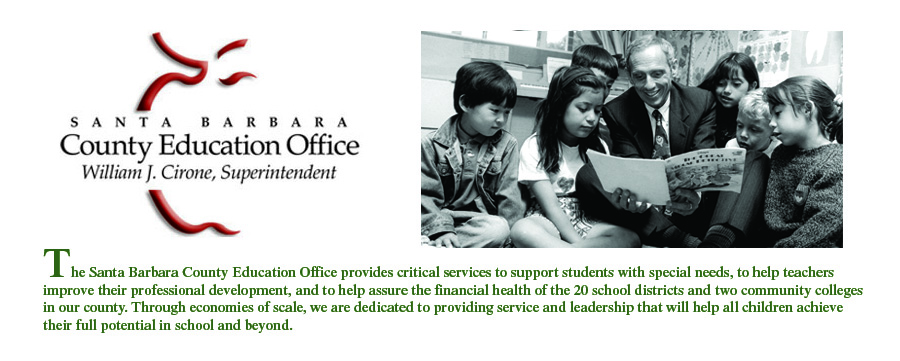Teens need to know that freeway driving demands
special skills.
Statistics show that fewer crashes
occur on modern freeways, but the collisions that do occur are more severe due
to higher speeds and increased traffic.
Freeway driving requires drivers to
make complex but quick decisions at critical moments.
Identify for teens the correct
procedures for entering and exiting a freeway.
Make sure they understand the need
for advance route planning, and the factors that influence speed and lane
selection.
Talk about the challenges involved
with lane-changing maneuvers.
Have them use space-management
techniques such as looking ahead and maintaining time gaps between vehicles.
Remind them that driving at the
speed used by most other cars can reduce conflicts. This means they should
choose a legal speed that matches the speed of other traffic. Have them
consider visibility, traffic, weather, and road conditions.
Drivers can lose their sense of
speed during extended freeway driving. They may start going much faster than
they intended. Suggest that drivers look frequently at the speedometer and make
corrections accordingly.
All these actions help minimize the
risks associated with freeway driving.
